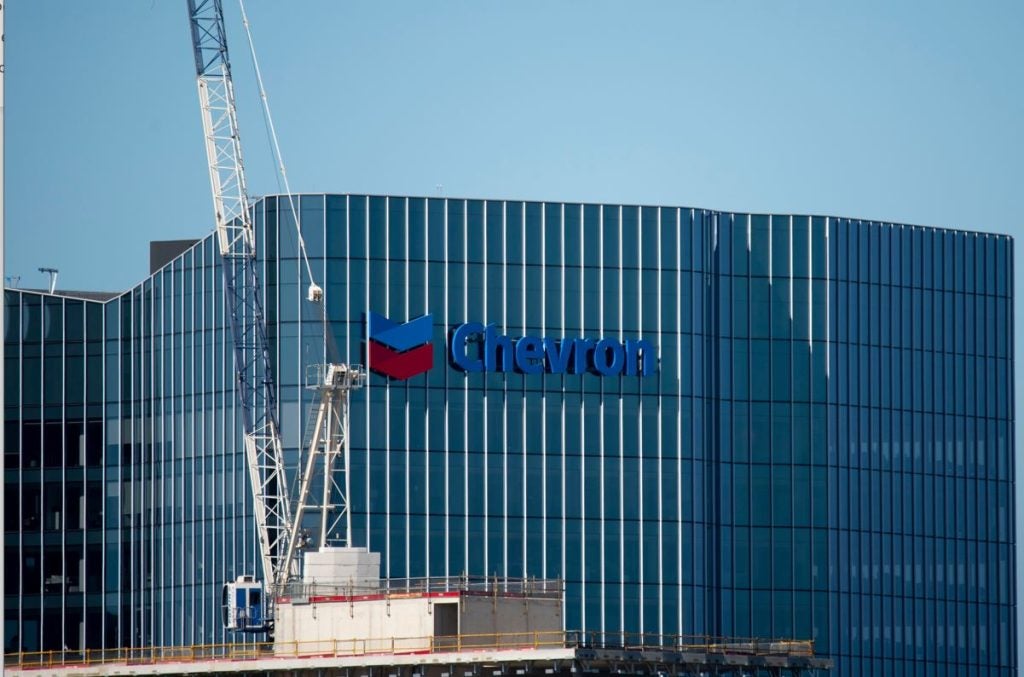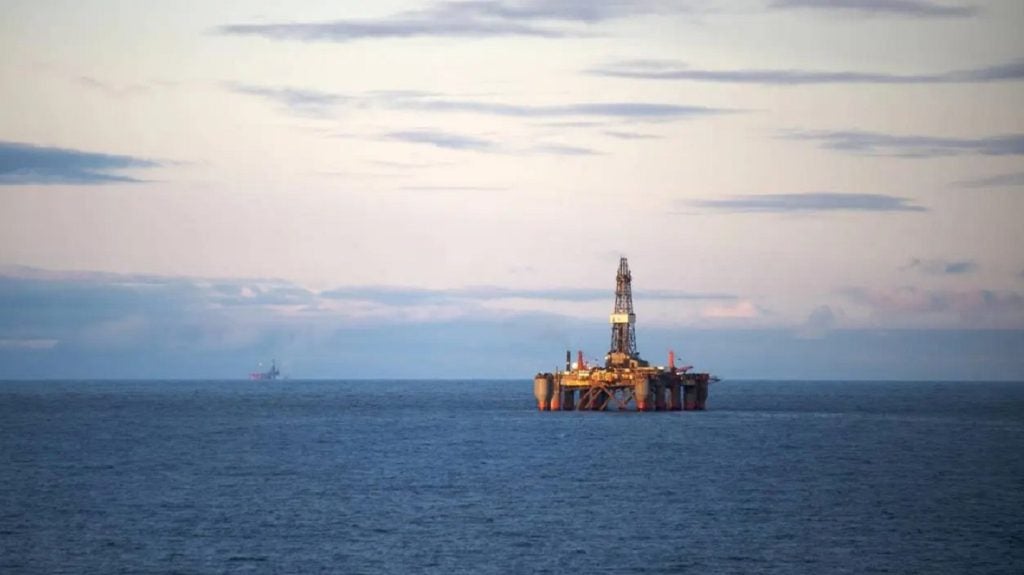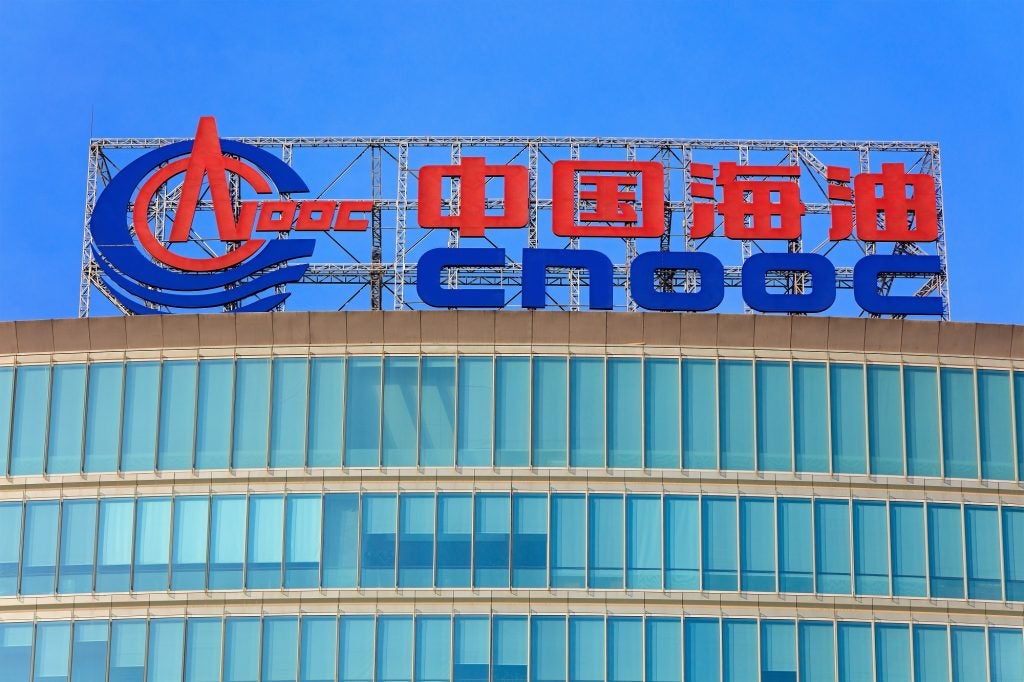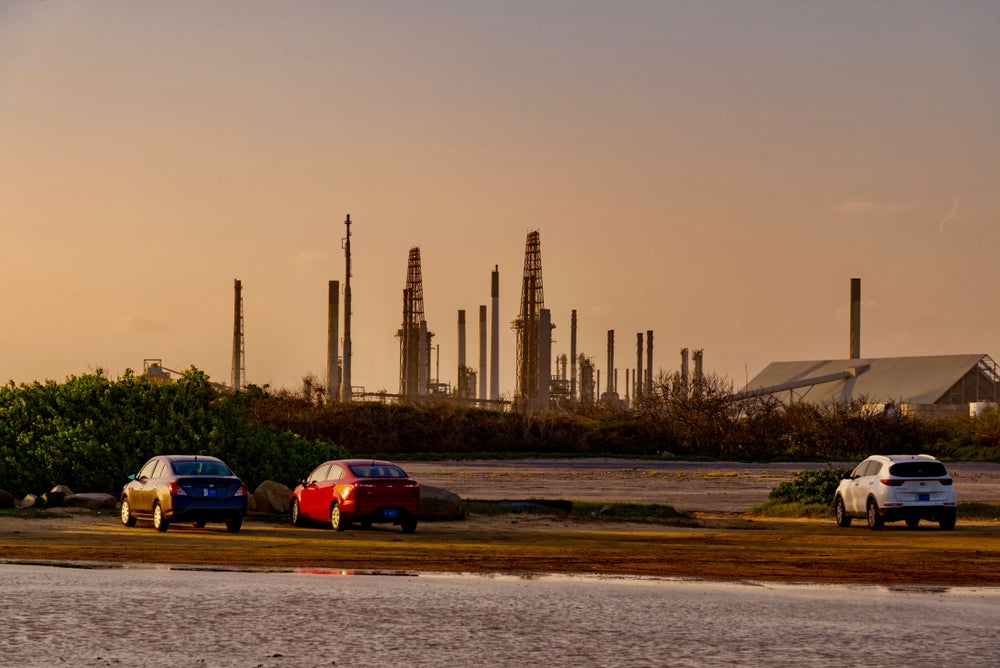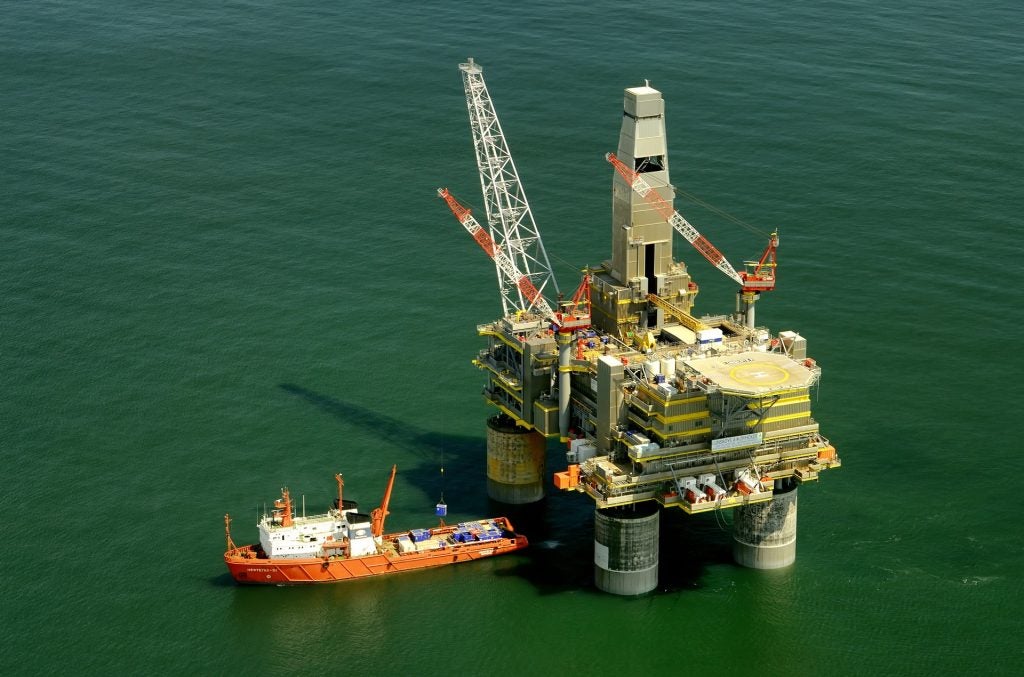Workers at some of multinational oil and gas company Chevron’s Australian liquefied natural gas (LNG) operations may go on strike after a union opened the ballot for industrial action.
The Offshore Alliance, encompassing the Maritime Union of Australia and the Australian Workers’ Union, are holding a “protected action ballot” wherein members can secretly vote for the union to take action. This could take a range of forms, from work stoppages to an all-out strike.
The Offshore Alliance stated: “For the last decade, Chevron have run their West Coast oil and gas facilities like feudal fiefdoms with little or no regard for the interests of their key stakeholders – their operations workforce.”
The Alliance added that it was set to vote “100% ‘YES’” to confirming protected industrial action across all three of Chevron’s LNG facilities in the country: “It’s game on in pushing back against Chevron’s sub-standard employment standards.”
The three facilities facing threats of industrial action are the Chevron Wheatstone downstream facility, its accompanying Wheatstone gas platform and the Gorgon LNG project.
Industrial action across the platforms could have a disastrous effect on Australian LNG supply, production and export. In 2021, strikes at Shell’s Prelude LNG facility in Australia lasted for two months, costing the company US$1bn.
Christened as “Australia’s first natural gas hub”, the Wheatstone project has two LNG trains with a combined productive capacity of 8.9 million tonnes per year (mtpa), while the accompanying Wheatstone platform is the largest offshore gas-processing platform ever installed in Australia.
Alongside this, the Gorgon facility produces almost double its yearly LNG production total. Gorgon is the “the largest single-resource development in Australia's history”, producing 2.1 billion cubic feet of gas per day and seeing yearly LNG production of 15.6mtpa.
The Gorgon and Wheatstone facilities combined supply around 10% of the global LNG market, meaning protracted strike action could be catastrophic for an industry in a period of rapid growth amid the global energy transition.


